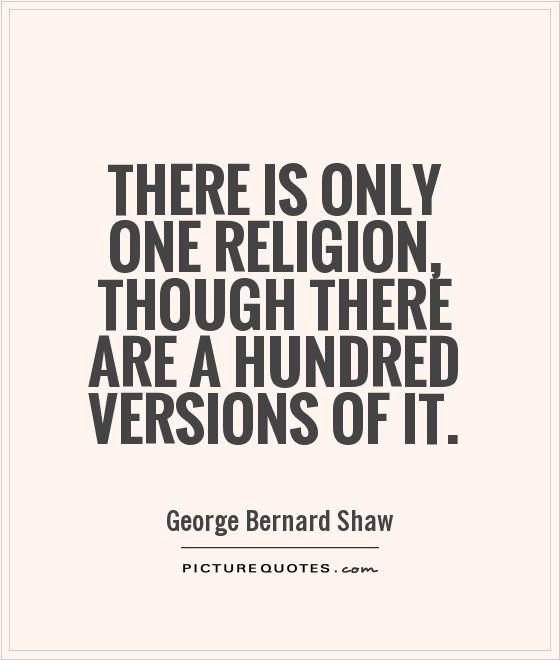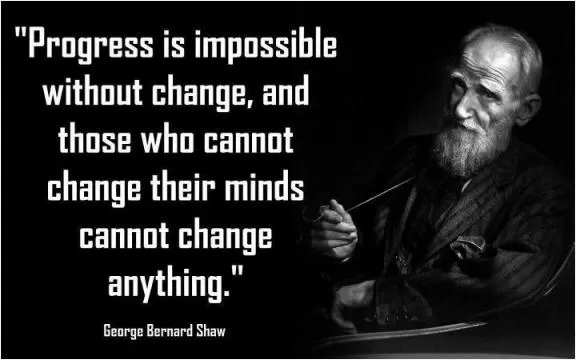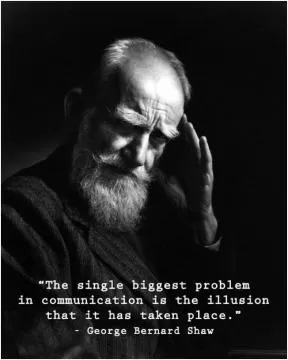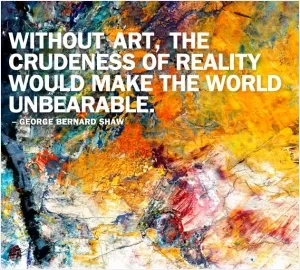There is only one religion, though there are a hundred versions of it

There is only one religion, though there are a hundred versions of it
George Bernard Shaw, the renowned playwright and critic, once famously said, “There is only one religion, though there are a hundred versions of it.” This statement encapsulates the idea that at the core of all religions lies a common thread of spirituality and morality, despite the diverse interpretations and practices that have emerged over time.Shaw’s words highlight the universal nature of religion, emphasizing that the fundamental principles of love, compassion, and ethical behavior are shared across different faith traditions. While the rituals, beliefs, and customs may vary from one religion to another, the underlying message of peace and harmony remains constant. This notion is particularly relevant in today’s globalized world, where people of different religious backgrounds coexist and interact on a daily basis.
The idea that there is only one religion can be interpreted in a broader sense as well. It suggests that all religions ultimately seek to address the same existential questions and provide guidance on how to live a meaningful and fulfilling life. Whether one follows Christianity, Islam, Hinduism, Buddhism, or any other faith, the ultimate goal is to cultivate a sense of connection with the divine and strive for spiritual enlightenment.
Furthermore, Shaw’s assertion that there are a hundred versions of religion acknowledges the diversity and complexity of human beliefs and practices. Throughout history, religious traditions have evolved and branched out into various sects, denominations, and schools of thought. Each of these versions offers a unique perspective on the divine and provides a framework for understanding the world and one’s place in it.












 Friendship Quotes
Friendship Quotes Love Quotes
Love Quotes Life Quotes
Life Quotes Funny Quotes
Funny Quotes Motivational Quotes
Motivational Quotes Inspirational Quotes
Inspirational Quotes